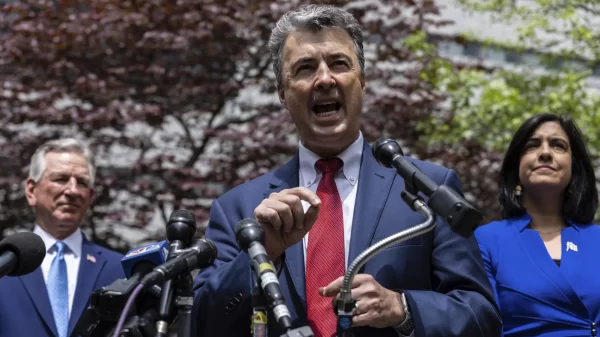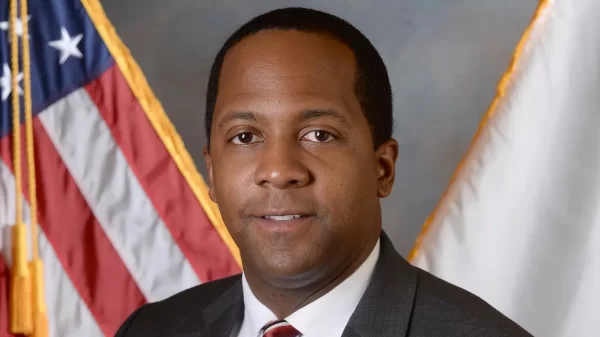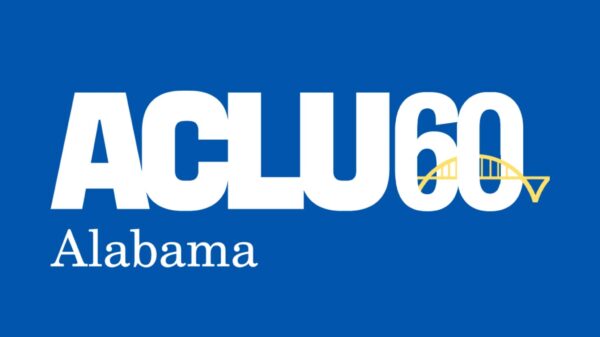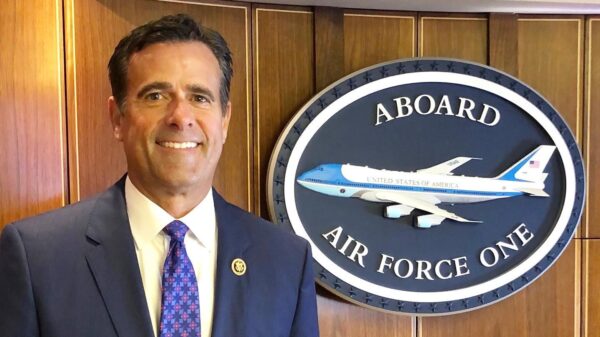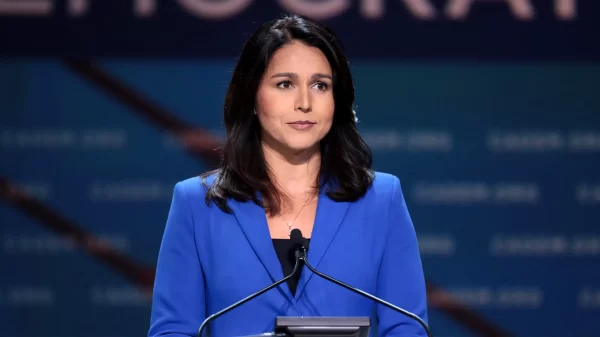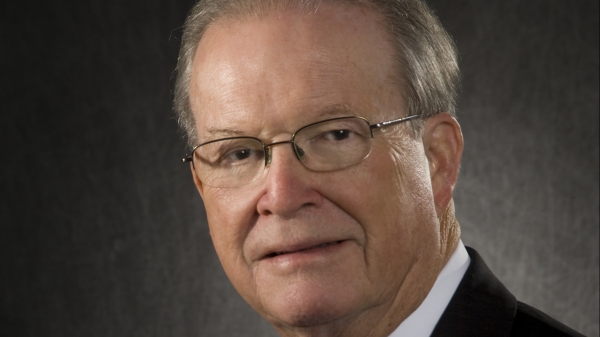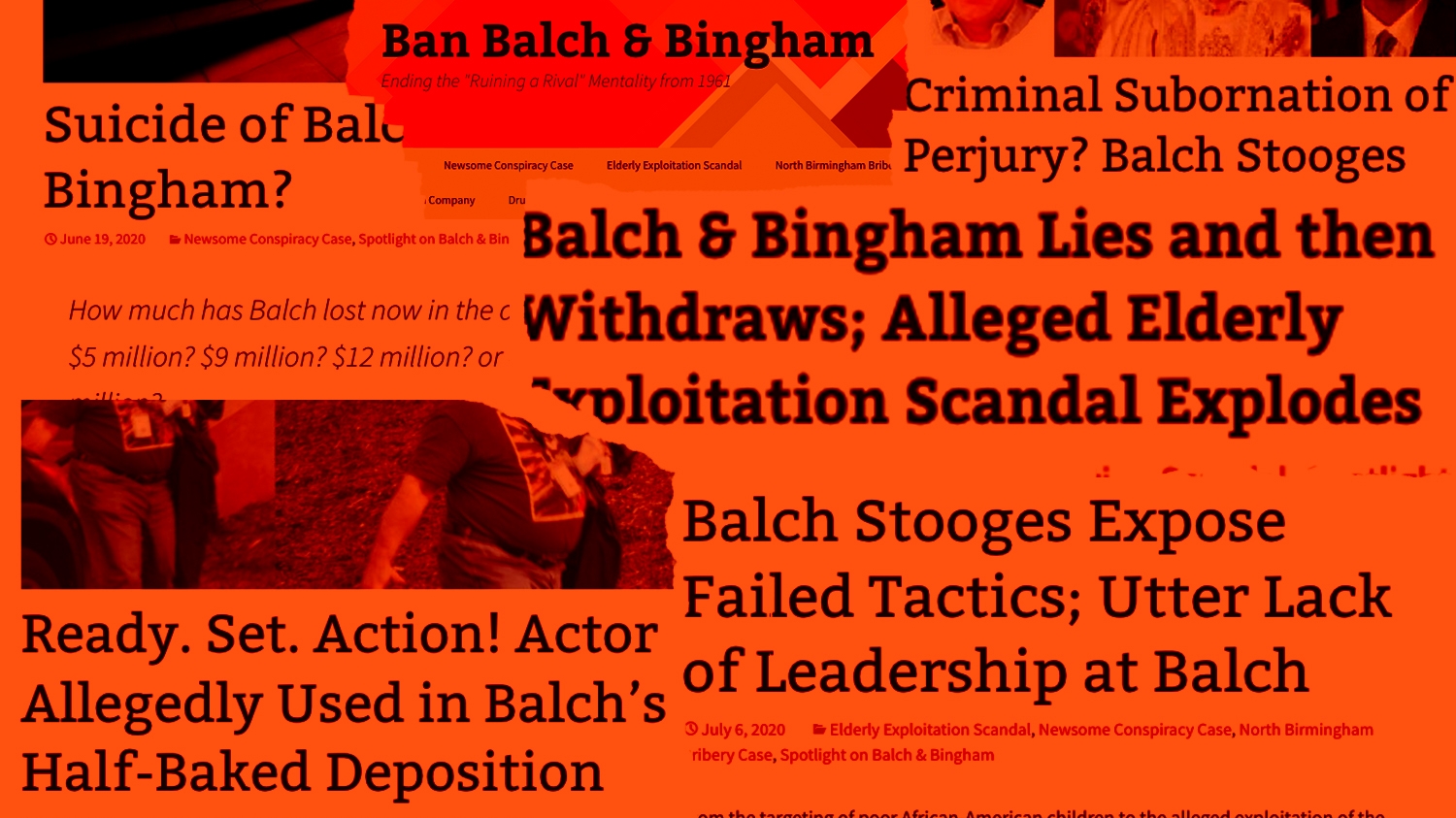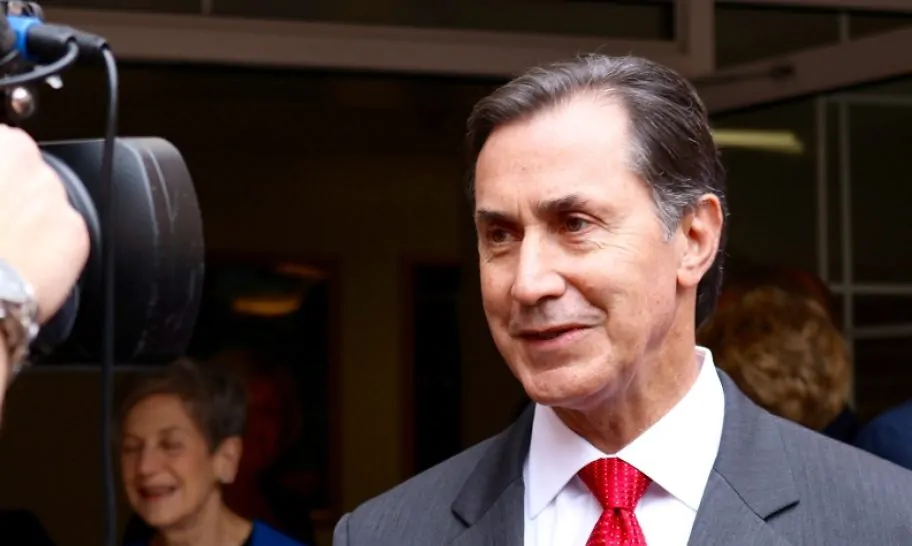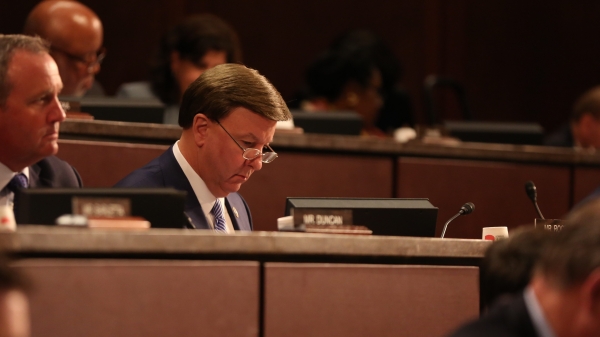Chronicling the alleged misdeeds of an Alabama law firm has turned into a very lucrative venture for a tiny, immigrant-focused nonprofit originally founded in California, resulting in the organization hauling in more than $2 million in 2019.
According to publicly available tax documents, Consejo de Latinos Unidos — which was started in 2001 in Los Angeles with the mission of providing educational services to Hispanic immigrants — reported $2,088,923 in income in 2019, a staggering jump for a nonprofit that reported just $1,277 in donations the year and a combined total of only $62,242 the prior eight years.
Much of the 2019 funding, according to the 990 tax form filed by CDLU, appears to be tied to CDLU’s curious link to the BanBalch.com blog, which popped up in 2017 and is devoted to publishing tabloid-style attack stories about the law firm Balch & Bingham and the firm’s various clients. Banbalch.com is operated by CDLU CEO K.B. Forbes, who has a well-documented history of lampooning wealthy CEOs and companies, often with questionable motives.
According to the 990, CDLU received a $2 million payment in 2019 for program service revenue, meaning CDLU is claiming it was paid $2 million for specific services provided by the organization. In a separate tax form, CDLU lists the services it performed for that money, none of which have anything to do with immigrant education programs but do appear to be describing the BanBalch.com website.
“This entire 990 raises a lot of questions and leaves you wondering just why in the world a nonprofit that was started in California and is supposedly dedicated to Latino education issues is raking in that kind of money from a blog that attacks an Alabama law firm,” a long-time Alabama tax attorney told APR. The attorney, who agreed to review CDLU’s tax documents and offer general opinions on condition of anonymity, has operated a successful tax law business in the state for more than two decades.
“If anyone from the IRS ever took a look at this, the first question they’d have is why they’re working so far outside of their mission statement,” the attorney said. “Whenever there’s a big uptick in revenue like that, and it’s classified differently from anything the organization has ever done in the past, that’s going to raise some red flags.”
There is little denying that CDLU is operating in new territory.
Here is the organization’s mission statement, which appears on the 2019 990 tax filing, and has appeared on every one of its filings since 2004:
“To foster, encourage and develop educational opportunities and programs in Latino communities on a broad range of issues, including health care, education, police protection, immigration and employment.”
However, when explaining its program service revenue on the same 2019 990 form — the only time in the organization’s history it has reported program service revenue — CDLU states:
“Our corporate corruption advocacy had us work with federal investigators in 2019 to help combat corruption including an investigation that led to the eventual resignation of a U.S. attorney. We educated the public and media about law firm corruption, unsavory conduct in the legal community and environmental racism.
“Other projects included our incarceration reform project that provides information to the general public and educates individuals with opportunities to gain productive skills upon their release from prison and their transition to our communities. We supported investigative journalism, met with law enforcement on behalf of victims of domestic violence and sexual abuse, helped survivors of a drive-by shooting, provided access to immigration lawyers to numerous families and tackled fraud and theft by unscrupulous merchants against people of color.”
It’s unclear how any of the described services generated revenue. Program service income does not include gifts or donations given to the nonprofit, but comes as a direct result of the services. The BanBalch.com website contains no advertising.
It’s also puzzling how any of it was accomplished. The 990 lists only two expenditures by the organization for charitable work: one for $7,500 to Martha’s Corner, a small, church-based nonprofit in Atlanta, and $22,043 in cash to 130 recipients for “medical assistance.” In total, CDLU lists just $39,601in grants and assistance paid out in 2019.
The overwhelming majority of expenses for the year went to salaries for three people: Forbes, as CEO, took in $452,000; Lourdes Galvez, as chairman, got $209,000; and Ernesto Pichardo, as vice president, took in $76,500.
(The salary figures appear to be combining totals from previous years, possibly to make up for pay that was never received or to report salaries that weren’t previously reported. The 990 notes that total salaries for 2019 were just over $400,000 and that CDLU was changing accounting methods and taking a one-time exception. The tax attorney who spoke with APR said the way the entry was recorded made it difficult to ascertain the intent or the accurate yearly salary numbers.)
The 990 also revealed a legal problem for CDLU: It’s not registered in the state of Alabama. Any organization that takes in more than $25,000 annually in donations is required by Alabama to register with the attorney general’s office. CDLU reached that level of income in Alabama for the first time in 2019, when, according to its 990, it received nearly $75,000 in total donations and a single donation of $25,000.
The organization also spent heavily on “other” expenses, racking up more than $70,000 in advertising, $33,000 for mileage and another $16,000 for travel. In total, CDLU paid out more than $220,000 for miscellaneous expenses in 2019 — an amount nearly seven times higher than the $33,000 spent the previous year.
A large portion of the advertising expenses paid out by CDLU appears to have gone for Facebook ads promoting stories published on the BanBalch site. APR found nearly $20,000 in Facebook ads, which helped push stories with headlines like “Criminal subordination of perjury? Balch stooges under the microscope” out to thousands of people. Many of the stories targeted specific Balch clients, and the Facebook advertising data, which is publicly available, showed the ad buys were targeted for people who lived in the clients’ home states.
For example, when Forbes wrote a blog post asking if Southern Company and an oil company would end their business relationships with Balch over alleged racism, the ads purchased to push those stories went primarily to Facebook users in Georgia and Texas, where the companies’ headquarters are located.
For Forbes, this appears to be simply the next step in a well-documented life of taking on the corporate elite for causes that just so happen to benefit him — or those associated with him — too.
Forbes didn’t respond to detailed questions about CDLU’s 2019 tax filings. However, in the past, Forbes has denied claims that he’s using CDLU as a way to make money for himself or his colleagues.
According to several stories published by various news outlets over the last 20 years, it has been alleged numerous times that Forbes started CDLU as a front operation to benefit his former boss, insurance mogul J. Patrick Rooney. Forbes has admitted in the past that Rooney fronted him the money to start CDLU, and Roll Call discovered that it was Rooney who registered the domains of several websites used by Forbes to attack hospitals for allegedly overcharging immigrants.
Rooney, as it turned out, just happened to owe some of those hospitals millions of dollars — debts that mysteriously vanished when the hospitals reached agreements with CDLU. In one case documented by Business Week, when Tenet dropped Rooney’s debt, CDLU dropped 10 lawsuits accusing a hospital chain of bad collections practices.
Forbes also benefited from the settlements. During a U.S. House committee hearing, a Tenet Healthcare executive revealed that as a part of a settlement with CDLU, his company agreed to pay Forbes for speaking engagements and travel.





